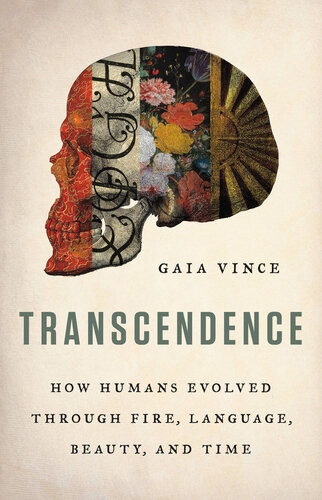

Most ebook files are in PDF format, so you can easily read them using various software such as Foxit Reader or directly on the Google Chrome browser.
Some ebook files are released by publishers in other formats such as .awz, .mobi, .epub, .fb2, etc. You may need to install specific software to read these formats on mobile/PC, such as Calibre.
Please read the tutorial at this link: https://ebookbell.com/faq
We offer FREE conversion to the popular formats you request; however, this may take some time. Therefore, right after payment, please email us, and we will try to provide the service as quickly as possible.
For some exceptional file formats or broken links (if any), please refrain from opening any disputes. Instead, email us first, and we will try to assist within a maximum of 6 hours.
EbookBell Team

4.7
36 reviews*From the prize-winning author ofAdventures in the Anthropocene* , the astonishing story of how culture enabled us to become the most successful species on Earth Humans are the most successful species on Earth; a planet-altering force of nature. Meanwhile, our closest living relatives, the now-endangered chimpanzees, continue to live as they have for millions of years. Yet we evolved through the same process. What are we then? And now we have remade the world, what are we becoming? Setting out to answer this question, Gaia Vince retells our evolution story. Unlike any other species on earth we determine the course of our own destiny, something that she argues rests on a special relationship between our genes, environment and culture going back into deep time. It is our collective culture, rather than our individual intelligence, that makes humans unique. Vince shows how our four evolutionary drivers - Fire, Language, Beauty and Time - are further transforming our species into a superorganism: a hyper-cooperative mass of humanity that she calls Homo omnis, or 'Homni'. Drawing on cutting-edge advances in population genetics, archaeology, palaeontology and neuroscience, Transcendence compels us to reimagine ourselves, showing us to be on the brink of something grander - and potentially more destructive. To think of humans as a smarter sort of chimp with cool tools is to miss what is truly extraordinary about us. Look around you: we are the intelligent designers of all you see - including ourselves.